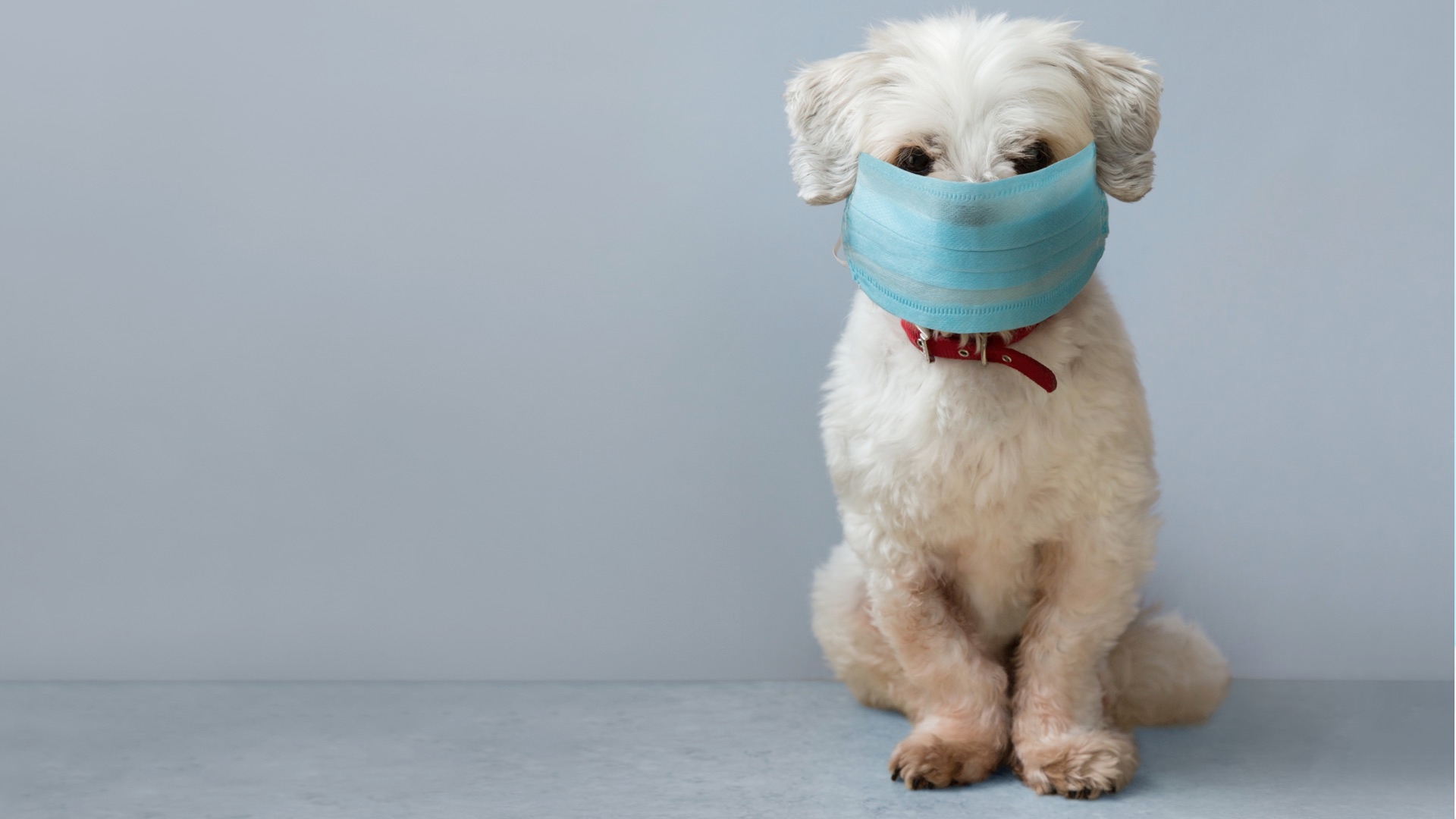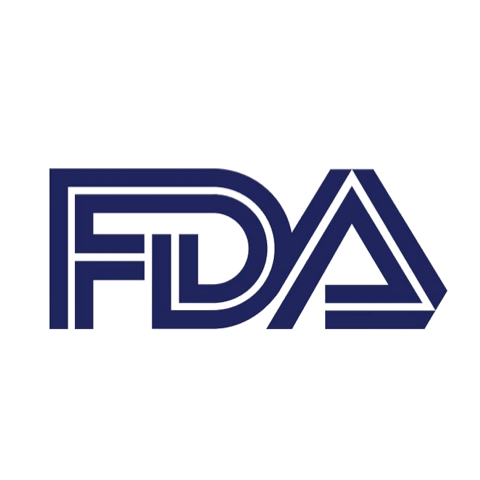COVID-19 Frequently Asked Questions:
Summary:
Do you have questions about the drugs your veterinarian prescribes for your pet? Do you have questions about how and where to report a problem with an animal drug or pet food? If you're traveling with your pet—do you know where to get travel requirement information?
Can people get COVID-19 from pets or other animals?
Based on the information available to date, the risk of pets or other animals spreading COVID-19 to people is considered to be low.
Can pets or other animals get COVID-19 from people?
The virus that causes COVID-19 can spread from people to animals including pets, zoo animals and wildlife and may spread to other animals, especially during close contact. If a person inside the household becomes sick, isolate that person from everyone else, including pets and other animals.
If you are sick with COVID-19 (either suspected or confirmed by a test), you should avoid contact with your pets and other animals, just like you would with people. Contact includes petting, snuggling, kissing, licking, sharing food, and sleeping in the same bed.
We know that most pets that get infected do so after close contact with their owner or other household member with COVID-19. Consult CDC's website for the latest recommendations about how to protect pets from the virus.
Talk to your veterinarian if your pet gets sick or if you have any concerns about your pet's health.
Should I get my pet tested for COVID-19?
Routine testing of pets for COVID-19 is not recommended at this time. There is currently no evidence that pets are a source of COVID-19 infection people in the U.S. Based on the limited information available to date, the risk of pets spreading the virus to people is considered to be low. If your pet is sick, consult your veterinarian.
Animal testing is reserved for situations when the results may affect the treatment or management of people and animals. If your veterinarian thinks your pet is a candidate for testing, they will consult the state veterinarian and public health officials. Do not contact your state veterinarians directly: they do not have the client/patient-veterinarian relationship that would allow them to fully understand the situation and they are also actively involved in other animal disease-related emergencies as well as response to COVID-19.
What animal species can get COVID-19?
USDA's National Veterinary Services Laboratories maintains an overview and list of confirmed cases of SARS-CoV-2 on its website: Cases of SARS-CoV-2 in Animals in the United States.
More studies are needed to understand if and how different animals could be affected by COVID-19. CDC updates its site with research and findings from experimental studies: Animals and COVID-19.
Can pets carry the virus that causes COVID-19 on their skin or fur?
Although we know certain bacteria and fungi can be carried on fur and hair, there is no evidence that viruses, including the virus that causes COVID-19, can spread to people from the skin, fur, or hair of pets.
However, because animals can sometimes carry other germs that can make people sick, it's always a good idea to practice healthy habits around pets and other animals, including washing hands before and after interacting with them and especially after cleaning up their waste.
Do not put masks on pets. A mask can cause harm to a pet. Do not wipe or bathe your pet with chemical disinfectants, alcohol, hydrogen peroxide, or other products, such as hand sanitizer, counter-cleaning wipes, or other industrial or surface cleaners. If you have questions about appropriate products for bathing or cleaning your pet, talk to your veterinarian. If your pet gets hand sanitizer on their skin or fur, rinse or wipe down your pet with water immediately. If your pet ingests hand sanitizer (such as by chewing the bottle) or is showing signs of illness after use, contact your veterinarian or pet poison control immediately.
Are there any approved products that can prevent or treat COVID-19 in animals?
No. Under the Federal Food, Drug, and Cosmetic (FD&C) Act, "articles intended for use in the diagnosis, cure, mitigation, treatment, or prevention of disease in man or other animals" are drugs. The FDA has not approved any drugs for the diagnosis, cure, mitigation, treatment, or prevention of COVID-19 in animals. The U.S. Department of Agriculture's (USDA) Animal and Plant Health Inspection Service (APHIS) Center for Veterinary Biologics (CVB) regulates veterinary biologics, including vaccines, diagnostic kits, and other products of biological origin.
The FDA has taken action against unapproved products claiming to prevent or cure COVID-19. The public can help safeguard human and animal health by reporting any products claiming to do so to FDA-COVID-19-Fraudulent-Products@fda.hhs.gov or 1-888-INFO-FDA (1-888-463-6332).
Are there shortages or disruptions to the U.S. pet food supply?
In general, pet food is available. There may be intermittent decreased availability of certain brands/flavors, but there has been and continues to be product available to meet pets' nutritional needs.
If a specific preferred flavor or brand is temporarily unavailable, pet owners may need to opt for a short-term alternative.
There have been some reports of decreased availability of some specially formulated veterinary diets that are used to both provide nutrition and address a diagnosed medical condition, which may make it more difficult to find an alternative diet. If a pet needs a specialty diet, it may be helpful for pet owners to consult a veterinarian to find a recommended alternative diet.
Are there any animal drug shortages due to the COVID-19 outbreak?
The FDA has been and is continuing to closely monitor how the COVID-19 outbreak may impact the animal medical product supply chain.
While the FDA does not have regulatory authority requiring the animal drug industry to report shortages, we have been reaching out to manufacturers as part of our approach to identifying potential disruptions or shortages. We will use all available tools to react swiftly to help mitigate the impact if a potential disruption or shortage is identified.
Learn more on our Animal Drug Shortage Information page. Animal drug shortages can be reported by emailing AnimalDrugShortages@fda.hhs.gov.


